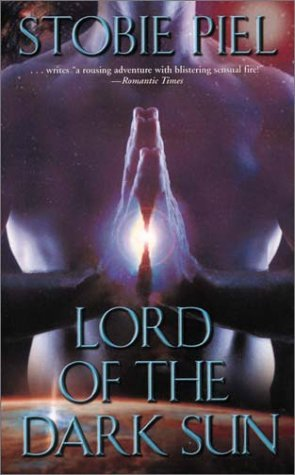Five Sources to Help First College Students’ Essays
- Jul 4, 2019
- 2 min read
Updated: Jul 18, 2020
First year college students need to know how to document their research. Whatever they have to say in their essay is strengthened with quotes and paraphrases from specialists in that particular area. Sharing who that person is strengthens a student’s paper. Think of it this way: a juror will put more stock into what a doctor on the witness stand says about how to fix a broken arm more than they will a dog-groomer. If a student makes a claim, a well-placed specific “witness” will strengthen that claim. By adding credentials to beside the quote or paraphrase and then at the end of the essay in the Bibliography/Works Cited/Resources (which label to use is determined by the area topic or class), a reader (juror) is more likely to believe the author’s claim/opinion. So, documentation is important for this reason, but, it’s also important because not doing so is committing plagiarism. Dictionary.com describes plagiarism as “an act or instance of using or closely imitating the language and thoughts of another author without authorization and the representation of that author’s work as one’s own, as by not crediting the original author: It is said that he plagiarized Thoreau’s plagiarism of a line written by Montaigne” (https://www.dictionary.com/browse/plagiarism). Plagiarizing in an academic setting can get a student in a lot of trouble.
I have been teaching first year college students how to write a proper college essay, how and where to do research, and then how to document that research for a number of years. There are five sources I often share with my students:
The Broadview Pocket Guide to citation and Documentation by Maureen Okun & Nora Ruddock. This handy little book is small, is ring-bound, and is only about $12 on Amazon or from Broadview Press who is the publisher. This handy book covers all three styles: MLA, APA, Chicago Manual.
Purdue OWL/Purdue Online Writing Lab from Purdue University in West Lafayette, IN. offers a wealth of free information on citation and documentation in a variety of styles (APA, MLA, Chicago Manual).
John Hopkins Sheridan Libraries offers information on Evaluating Internet Resources Johns Hopkins University 410-516-8335 (Library Info Desk)
The Library of which ever college a student attends will have tons of information, guides, and help.
For students whose instructor requires specific styles. These are the 3 most used, but there are others:
i. The Modern Language Association (MLA)
ii. American Psychological Association (APA) - https://apastyle.apa.org/manual/ - Amazon
iii. The Chicago Manual of Style
- https://www.chicagomanualofstyle.org/book/ed17/frontmatter/toc.html (online version and other information) - Amazon



Comments